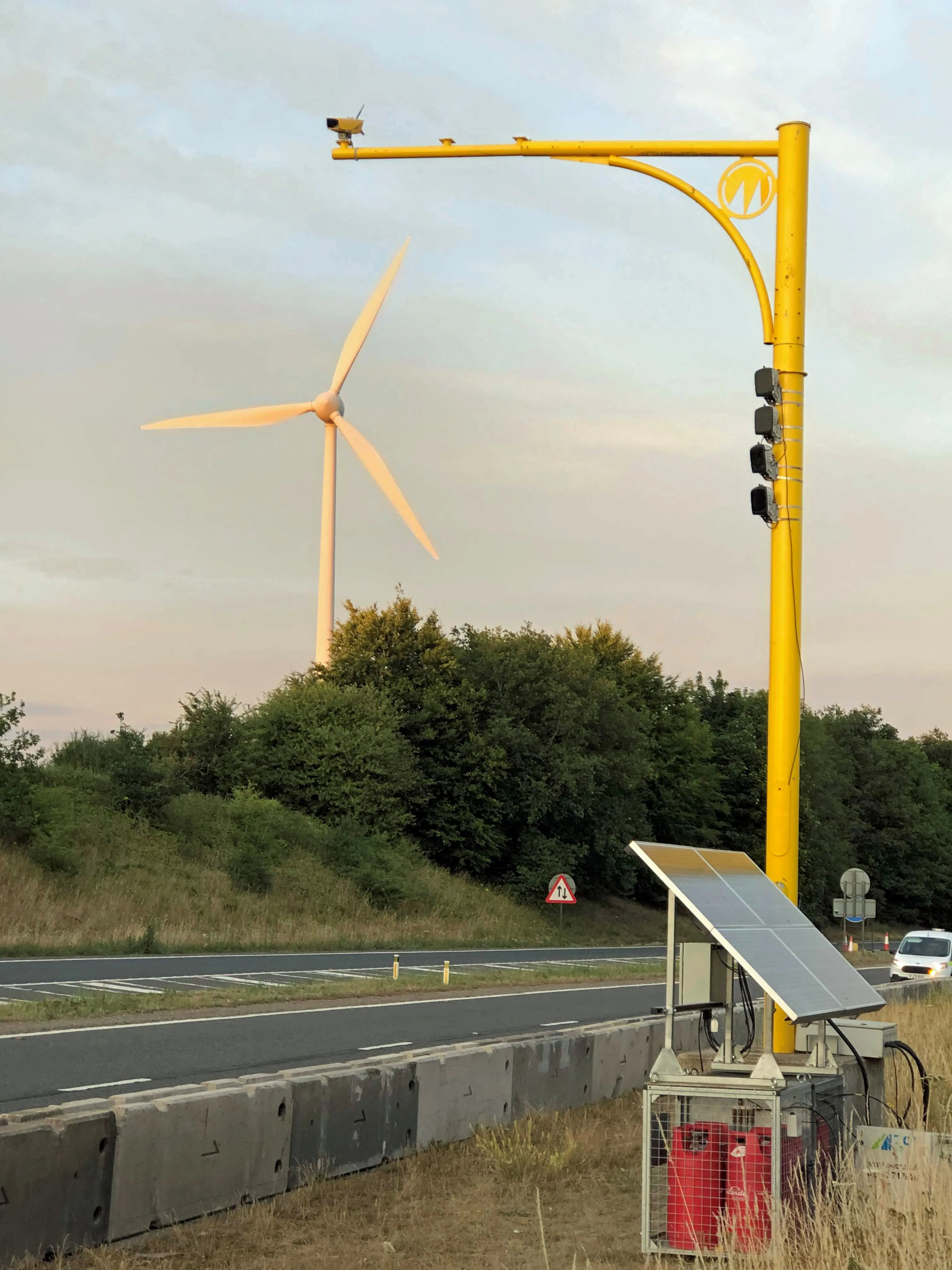Inverclyde Council has selected solar-powered parking terminals from Parkeon to help manage growing visitor numbers in Greenock, resulting from a major town centre investment and re-development programme.
The local authority has specified Parkeon’s environmentally-friendly Strada Transfer terminals to help deliver a low carbon parking strategy that will boost economic activity by easing traffic congestion.
The natural energy source of the coin-only Strada Transfer terminals means there is no need f
January 23, 2015
Read time: 2 mins
Inverclyde Council has selected solar-powered parking terminals from 251 Parkeon to help manage growing visitor numbers in Greenock, resulting from a major town centre investment and re-development programme.
The local authority has specified Parkeon’s environmentally-friendly Strada Transfer terminals to help deliver a low carbon parking strategy that will boost economic activity by easing traffic congestion.
The natural energy source of the coin-only Strada Transfer terminals means there is no need for mains power and, therefore, only minimal ground works will be required.
A spokesperson for the local authority said: “Parking facilities in the town centre are absolutely crucial in meeting the needs of local businesses, residents and the increase in visitors to Inverclyde.
“It was also important to the council that the parking technology should operate with minimal impact on the environment – which is why we chose solar power – and be easily recyclable at the end of life.”
Tom Porteous, Northern Regional Sales Manager for Parkeon added: “Like many local authorities, Inverclyde was looking for a solution that combined low carbon operation, reliability and ease-of-use. The Strada Transfer ticks all these boxes and is a popular choice among councils, particularly as it also incorporates 95% recyclable components.”
The local authority has specified Parkeon’s environmentally-friendly Strada Transfer terminals to help deliver a low carbon parking strategy that will boost economic activity by easing traffic congestion.
The natural energy source of the coin-only Strada Transfer terminals means there is no need for mains power and, therefore, only minimal ground works will be required.
A spokesperson for the local authority said: “Parking facilities in the town centre are absolutely crucial in meeting the needs of local businesses, residents and the increase in visitors to Inverclyde.
“It was also important to the council that the parking technology should operate with minimal impact on the environment – which is why we chose solar power – and be easily recyclable at the end of life.”
Tom Porteous, Northern Regional Sales Manager for Parkeon added: “Like many local authorities, Inverclyde was looking for a solution that combined low carbon operation, reliability and ease-of-use. The Strada Transfer ticks all these boxes and is a popular choice among councils, particularly as it also incorporates 95% recyclable components.”










